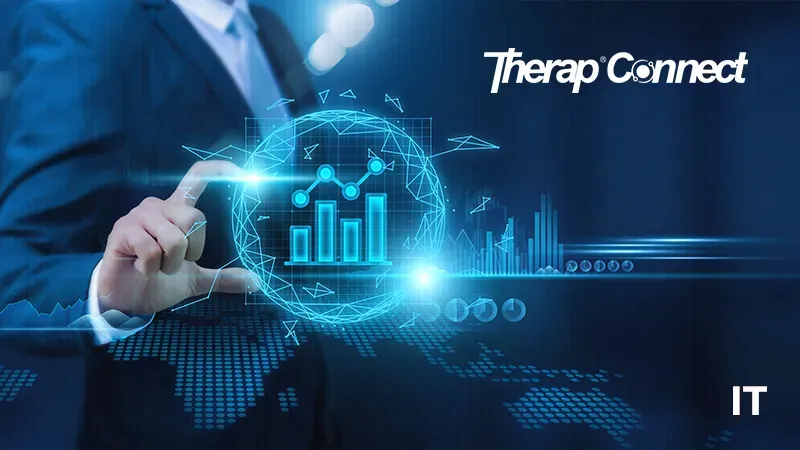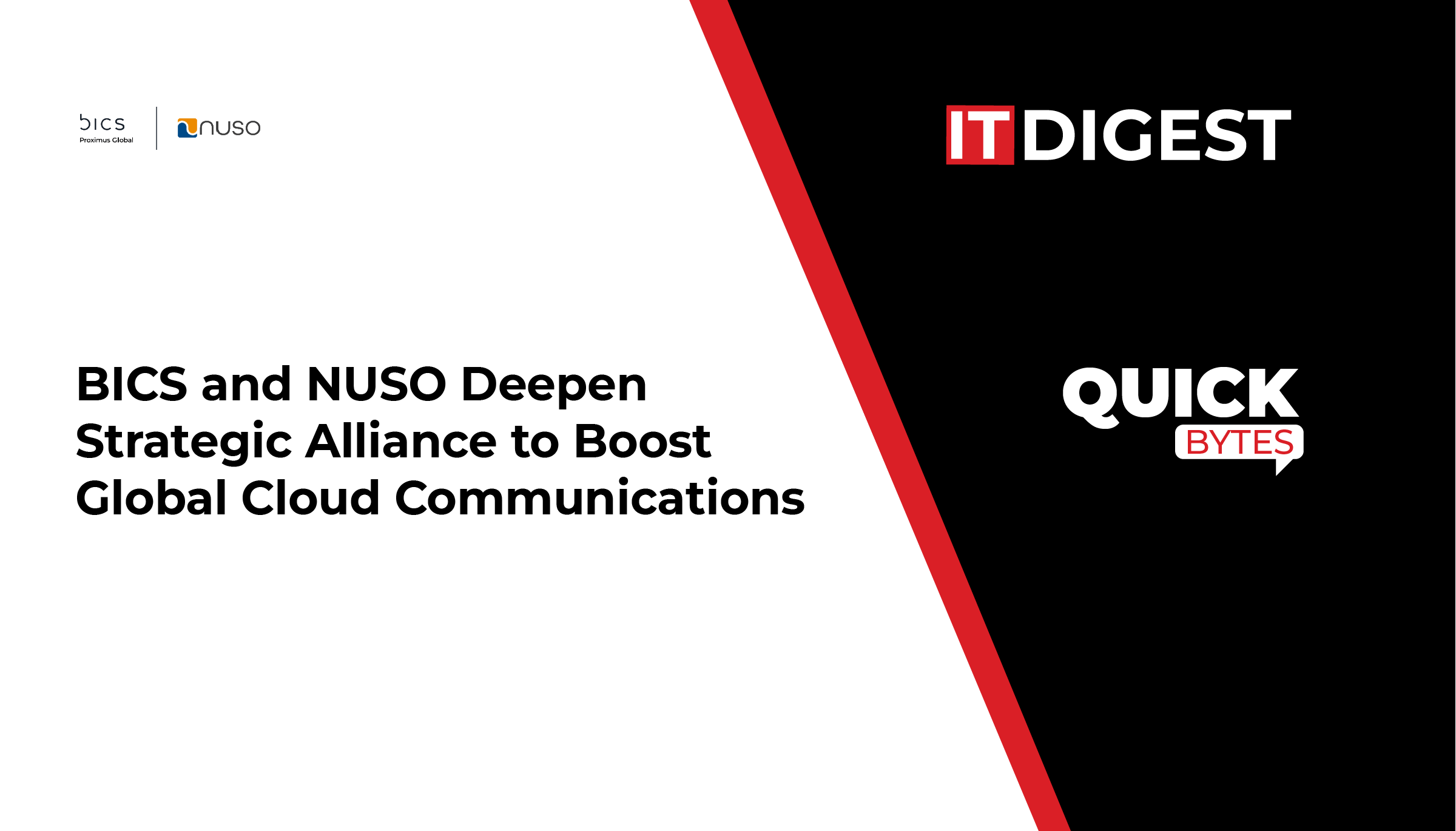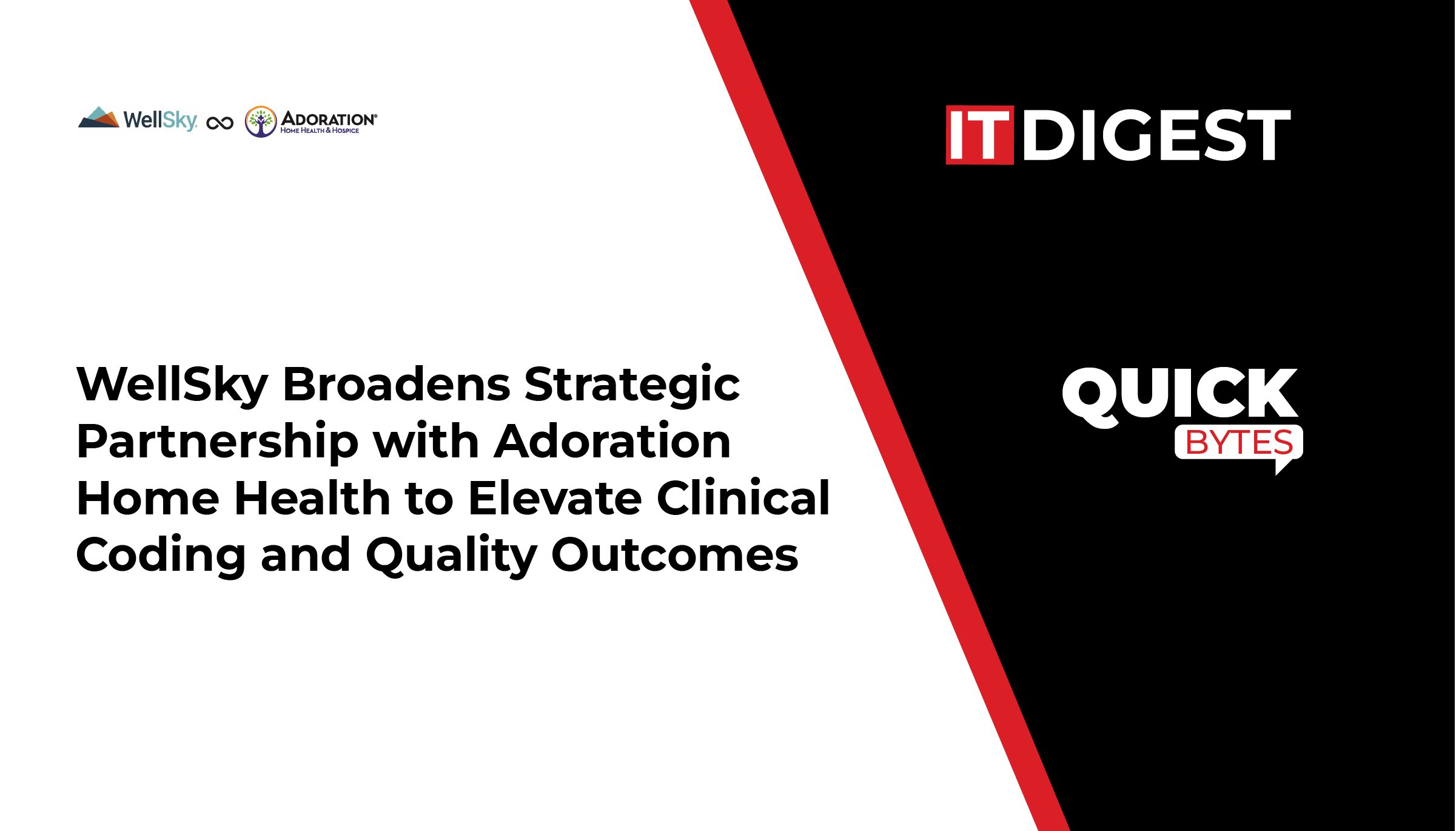Therap Services, the national leader in offering HIPAA-compliant electronic documentation solutions to organizations in the Long-Term Services and Supports (LTSS), Home and Community-Based Services (HCBS), and other human services industries, has recently integrated iHealth devices into Therap Connect, enhancing users’ abilities to streamline health data collection. This integration offers a significant advancement in providing person-centered care, particularly for caregivers in human services settings. By automating the collection of vital health metrics such as blood pressure, body composition, and blood glucose, Therap Connect ensures that caregivers can focus more on personalized care rather than manual data entry.
One of the key benefits of this integration is the improvement in the accuracy and reliability of health data. With devices like the iHealth Nexus Pro scales and the Neo blood pressure monitors, agencies can reduce manual entry errors with the data collected. This not only helps in monitoring the health status of individuals more precisely but also aids in early detection of potential health issues, enabling timely interventions.
Also Read: Prophecy Enables Aetion to Quickly Deliver Critical Healthcare Data Analytics
Furthermore, the use of these devices through Therap Connect simplifies the workflow for caregivers. The data is seamlessly transmitted and stored within the system, making it easily accessible for analysis and reporting. This accessibility supports informed decision-making, allowing caregivers to tailor their care strategies based on real-time data trends and insights.
Additionally, the enhanced user experience extends to the administrative side. With permission-driven access controls, organizations can ensure data security and privacy, complying with HIPAA regulations. Administrators can manage who has access to specific data, thereby safeguarding sensitive information.
In conclusion, Therap Connect‘s integration of iHealth devices represents a substantial leap forward in enhancing the efficiency and effectiveness of care provision. By automating and improving the accuracy of health data collection, it enables caregivers to deliver more personalized and responsive care, ultimately improving the quality of life for individuals in human services settings.
SOURCE: PRNewswire

































